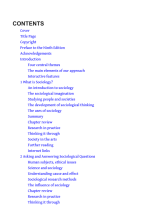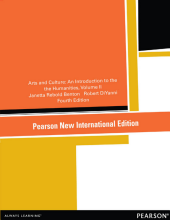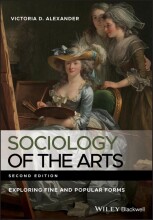Theories and Perspectives - Towards Sociology - Karl Marx: revolution not evolution
6 important questions on Theories and Perspectives - Towards Sociology - Karl Marx: revolution not evolution
Karl Marx viewed his scientific work as marking a break with speculative philosophy and all philosophical forms of thought.
Can you explain?
- According to Marx, philosophers have only tried to interpret the world.
- Marx wanted to change the world, not merily interpret it.
What is Karl Marx's most important contribution to sociology, which is part of his broader theory of class conflict?
- The analysis of capitalism.
- Sometimes referred to as historical materialism.
- Marx states that the dominant ideas of an age are those which support the group that rules it.
What did Karl Marx mean with 'primitive communism' and how does it differ from his ideal of modern communism.
- Primitive communism refers to societies of the ancient past that lived in small-scale groups, where all acquired resources were commonly owned with no class divisions.
- Unlike primitive communism, modern communism would retain all the benefits of the industrial system, created by capitalism.
- Higher grades + faster learning
- Never study anything twice
- 100% sure, 100% understanding
What "fundamental contradiction between relations and forces of productions" did Karl Marx describe?
- Under capitalism, a class antagonism between the bourgeoisie (owners) and proletariat (workers) emerged.
- Economic growth and development, achieved by the exploitation of works, would come to a hold, eventually leading to revolution.
The perspective of Karl Marx shows both an advantage and problem with grand theories in sociology.
Explain them:
- Grand theories allow us to place a bunch of historiacal facts into a general framewrok, making them easier to understand.
- Like Marx's concept of a 'mode of production.'
- Problem: difficulty of subjecting grand theories to empirical testing.
- How do we know a theory is wrong?
Who or what was the Frankfurt school of critical theory?
- 20th century Marxists that fled Nazi-Germany and tried to fit Marx's theory into contemporary society.
- Differences with Marx:
- They shifted their focus onto the sphere of culture rather than economy
- optimist vision of a working-class revolution began to fade, as the obstacles to revolution mounted in the consumer-capitalist societies.
The question on the page originate from the summary of the following study material:
- A unique study and practice tool
- Never study anything twice again
- Get the grades you hope for
- 100% sure, 100% understanding































